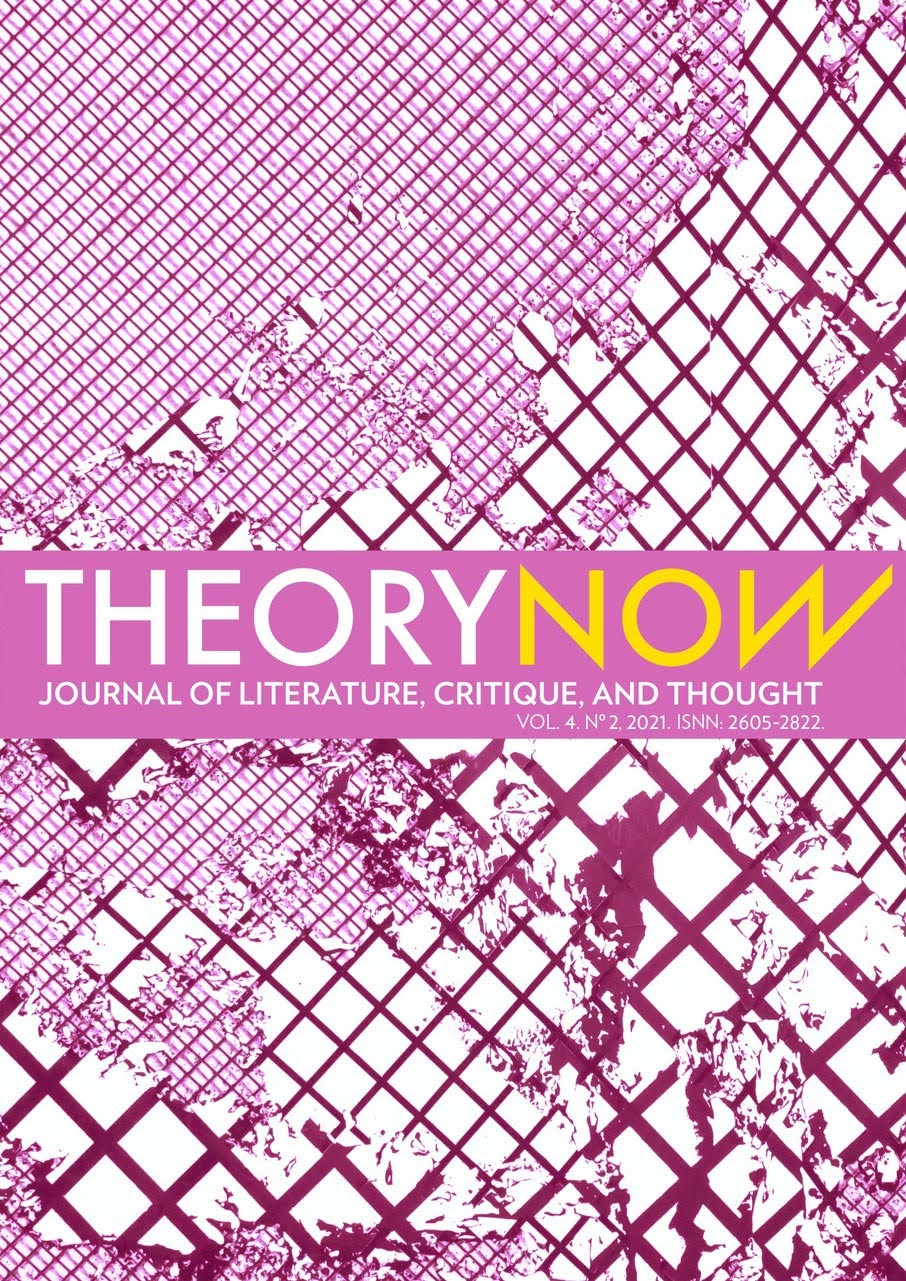Rhetorics of Silence: Textual Inscriptions and Shadows of Deconstruction in Spanish Criticism
DOI:
https://doi.org/10.30827/tn.v4i2.21827Abstract
This article focuses on the emergence of the so-called structuralism in Spain and specifically the place and some of the uses of the deconstruction in the Spanish critical field from the seventies to our present. A long intelectual autarchy and the presence of “national-catolicism” hampered the access to a body of though that starts with the death of God and walks towards the death of Man. This paper analyzes the works of Nora Catelli and Túa Blesa in order to see how they gave way to new critical perspectives in a country that resisted theory and, in general, any kind of literary thought. In the same fashion, the article draws attention to some of the dynamics inherited by the Spanish academy that demands us to criticise the material conditions of the intelectual activity in a precarious public university.
Downloads
Downloads
Published
How to Cite
Issue
Section
License
Theory Now. Journal of Literature, Critique, and Thought is an immediate open-access publication which is available at no cost for readers and authors alike. Authors are not charged any kind of fee for the editorial processing of their articles. Reading, downloading, copying, distributing, printing, searching, linking or reusing all published articles for non-commercial uses is allowed on the condition of citing the author, the journal and the editing body. All intellectual material published in this journal is protected under a Creative Commons Attribution-NonCommercial 3.0 Spain license.
Dissemination of the articles in social (Facebook, Twitter, Linkedin, etc.) and scientific networks (ResearchGate, Academia.edu, etc.), public repositories at universities and other institutions, blogs, personal or institutional websites, Google Scholar, ORCID, ResearchID, ScopusID, etc. is strongly encouraged. In all cases, the intellectual property of the articles and any possible monetary profits derived from them belong exclusively to the authors.













